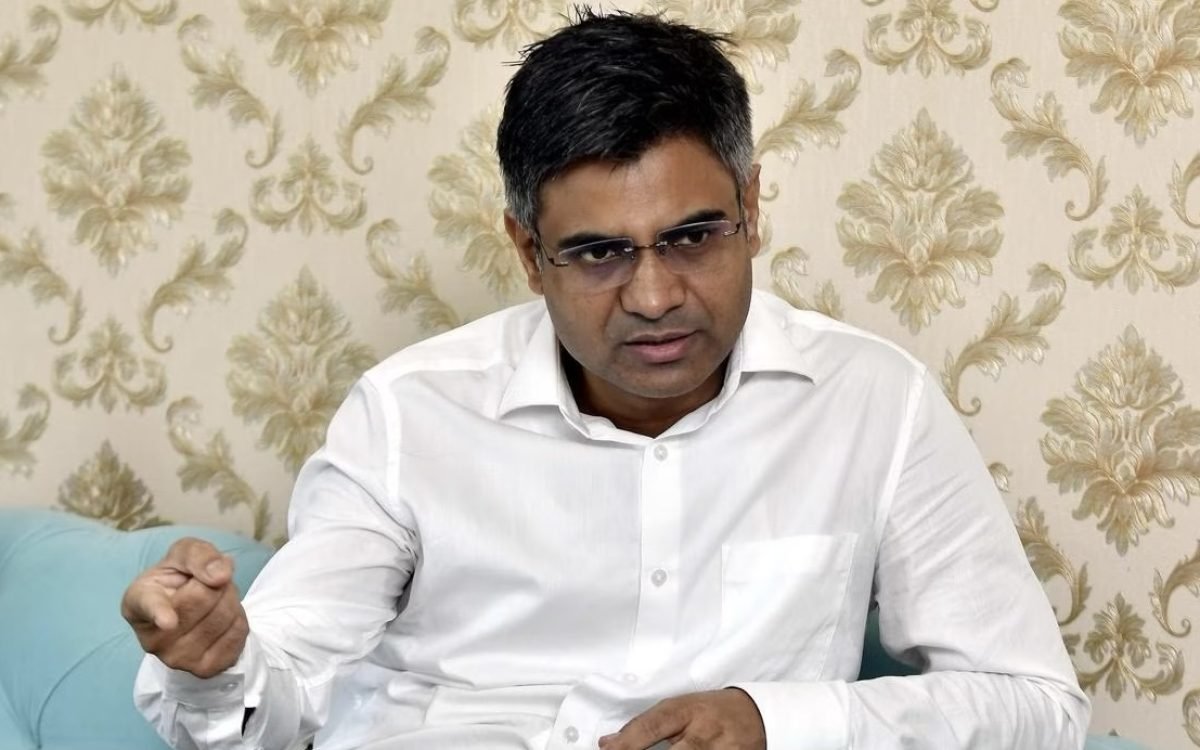The recent suspension of the solar policy by Lieutenant Governor Vinai Kumar Saxena has sparked political tensions in Delhi, raising questions about the future of renewable energy initiatives in the capital city. The decision, which came just weeks after Chief Minister Arvind Kejriwal announced the ambitious Delhi Solar Policy 2024, has drawn sharp criticism from the Aam Aadmi Party (AAP) and its supporters.
The Delhi Solar Policy 2024, heralded as a groundbreaking initiative by the AAP government, aimed to revolutionize the city’s energy landscape by promoting solar power adoption among residential and commercial consumers. With provisions for zero electricity bills and incentives for solar panel installations, the policy underscored Delhi’s commitment to sustainability and environmental stewardship.
However, the suspension of the solar policy has cast a shadow over these aspirations, raising concerns about the future of renewable energy development in the city. The decision, perceived by many as a political maneuver, has ignited debates about the role of governance and partisan interests in shaping public policy.
AAP MP Sandeep Pathak’s impassioned response reflects the frustration and disappointment felt by proponents of the solar policy. Accusing the BJP of obstructing progress and undermining the welfare of Delhi’s residents, Pathak’s remarks highlight the deep-seated political divide that continues to define Indian politics.
At the heart of the controversy lies the clash between competing visions for Delhi’s future: one rooted in sustainable development and environmental consciousness, and the other driven by political expediency and ideological differences. As Delhi grapples with air pollution and energy challenges, the need for forward-thinking policies that prioritize long-term sustainability has never been more pressing.
The suspension of the solar policy underscores the broader challenges facing renewable energy adoption in India. Despite the country’s vast potential for solar power generation, bureaucratic hurdles, policy inconsistencies, and political interventions often impede progress in this critical sector.
As stakeholders regroup and reassess their strategies, the future of renewable energy in Delhi hangs in the balance. While the suspension represents a setback, it also serves as a rallying cry for advocates of sustainability to redouble their efforts and mobilize public support for transformative change.
In the face of adversity, the resilience and determination of Delhi’s citizens and policymakers offer hope for a brighter, more sustainable future. As the debate rages on, one thing remains clear: the pursuit of renewable energy is not merely a political issue but a moral imperative for safeguarding the planet and ensuring the well-being of future generations.









